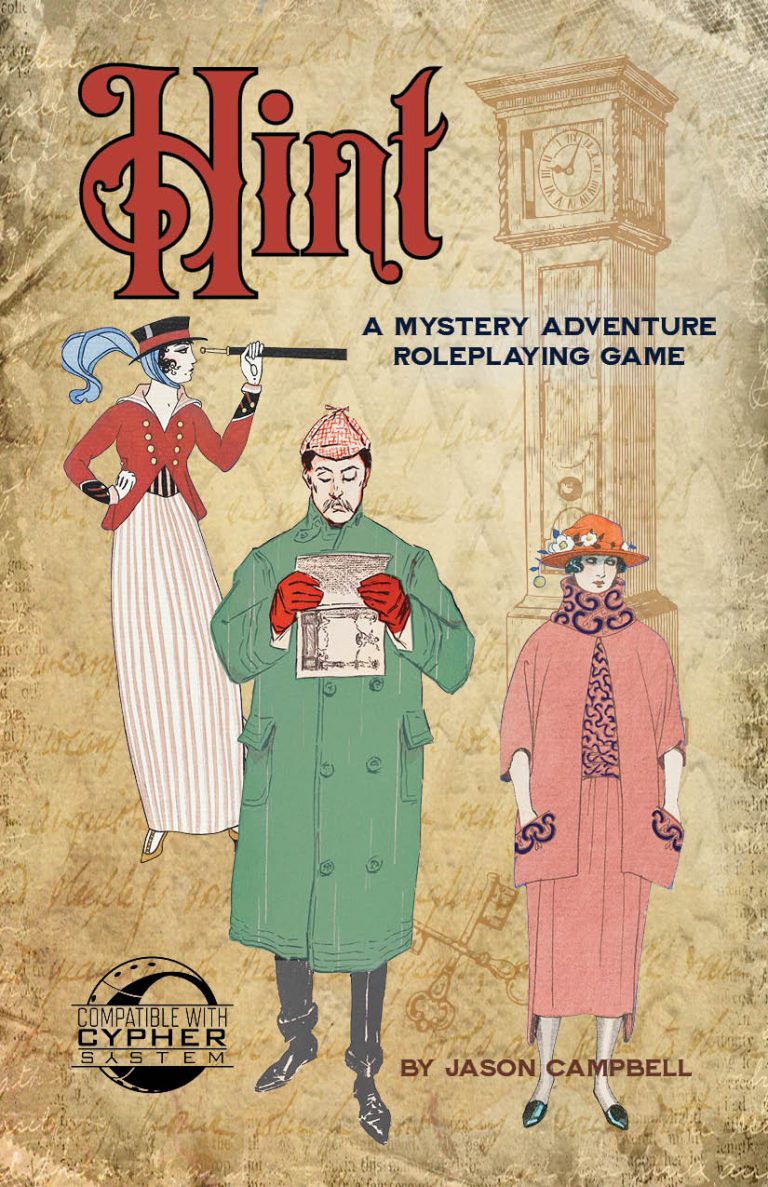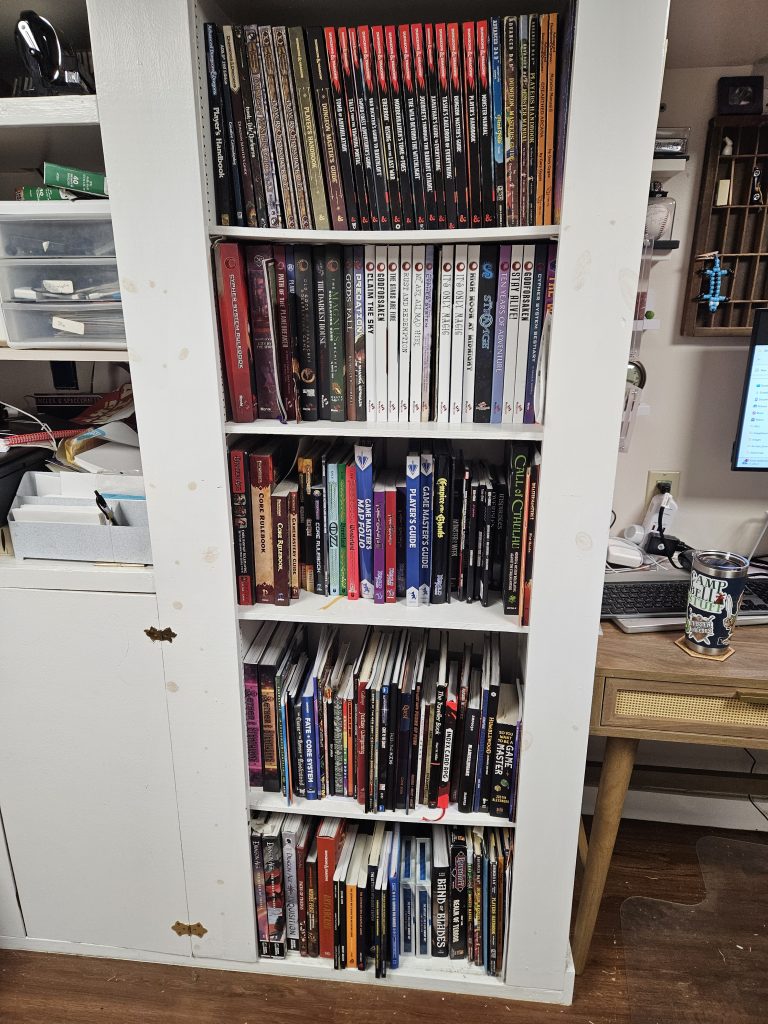By Jason Campbell
How to prepare for a ttrpg session is always a topic of much discussion among game masters. Many writers and influencers recommend only prepping one session ahead. The reason for this is that the GM can’t anticipate what the players will do, so prepping only one session could keep you from creating a lot of story that won’t end up being used. It also accounts for the players having an effect on their environment and the story. Some GMs will create more lore and scenarios than needed for one session simply because they enjoy the process of creation. They may argue that even if the players choose an unexpected path and some of their creations don’t get used, they still enjoyed the process of creating the lore. One way to look at the preparation process is to divide prep into hard prep and soft prep.
Hard Prep
Hard prep refers to writing the details of the scenario. Based on wherever the party left off in the last session, you create the next encounter. Note the location, any important NPCs and the likely path those NPCs will choose. You can likely build a few more encounters based on the likely choices the PCs will make. Note any creatures they may choose to fight, any areas for exploration and a few secrets the PCs may uncover. If the PCs are looking for a new adventure, create 2-3 plot threads that they can find, with enough detail for an encounter or two. These details will likely be enough for an average session.
Soft Prep
A GM might have many future conflicts and scenarios cross their mind as they prep for the next session. There’s no need to ignore these ideas, you can use soft prep for these future ideas. Soft prep refers to ideas for future sessions, but without detailed description. The most effective way to do this is by using bullet points. Keep a simple list of encounters that might come up, NPCs that might be encountered and other conflicts the PCs could run up against. Instead of writing in the level of detail you did for your hard prep, just write a single sentence about these upcoming events. Group them by region they would likely occur in and whether the even is likely soon or later.
Conclusion
As you do hard prep for each session, review your list of potential events in your soft prep lists. It’s important to remember that these are ideas, not encounters set in stone. If the actions of the PCs have created a story that doesn’t fit an event listed in soft prep, you can not use that and you’ve only not used one sentence.
What’s your process for session prep in a ttrpg campaign? Let us know in the comments





